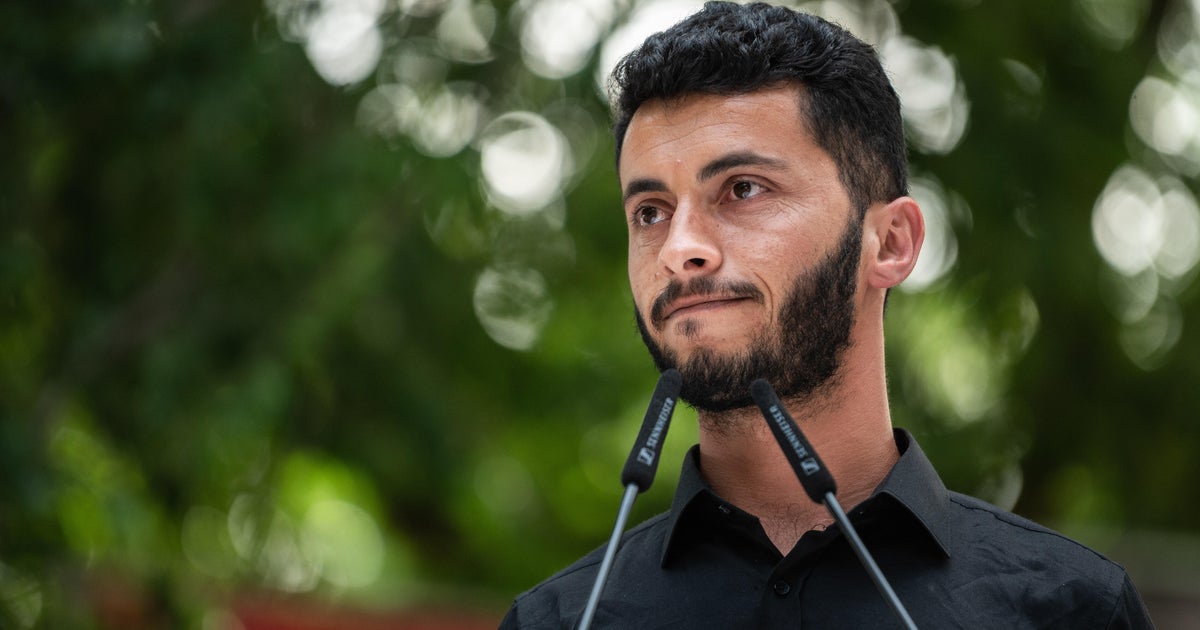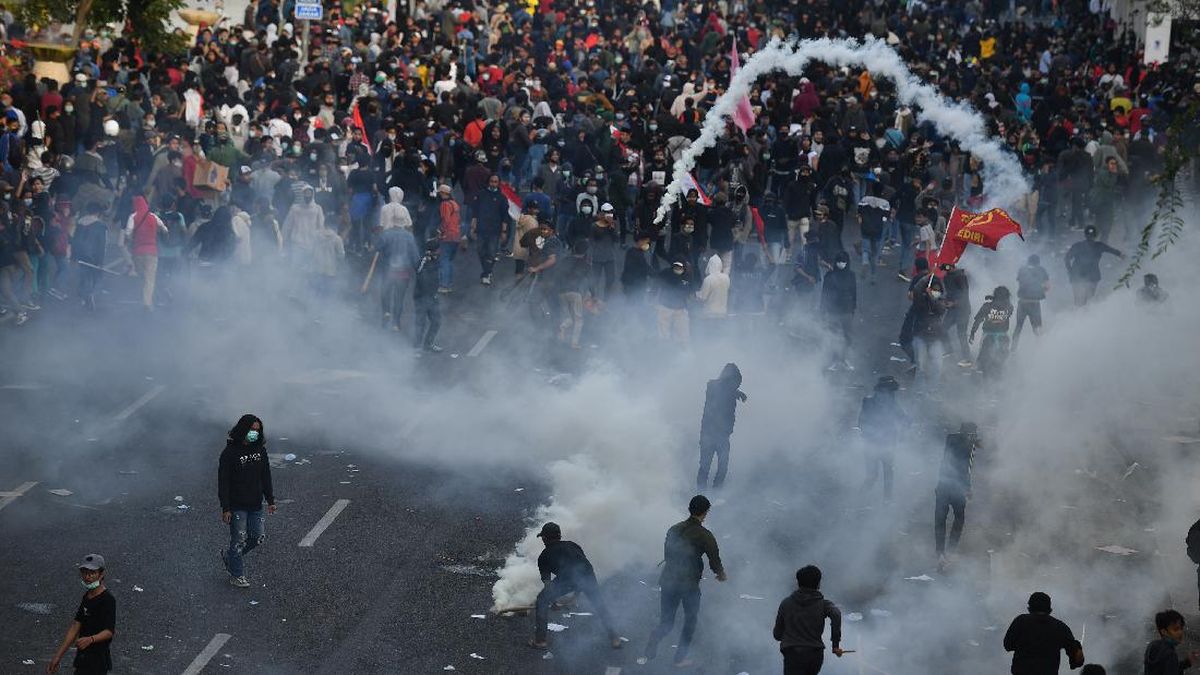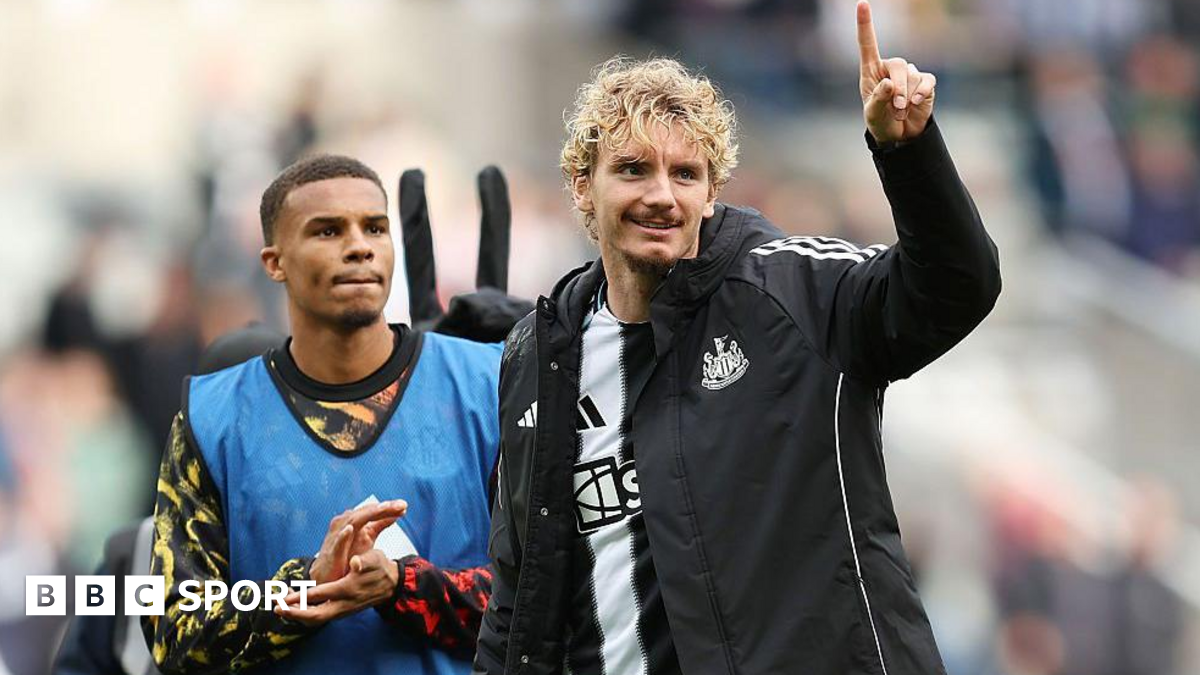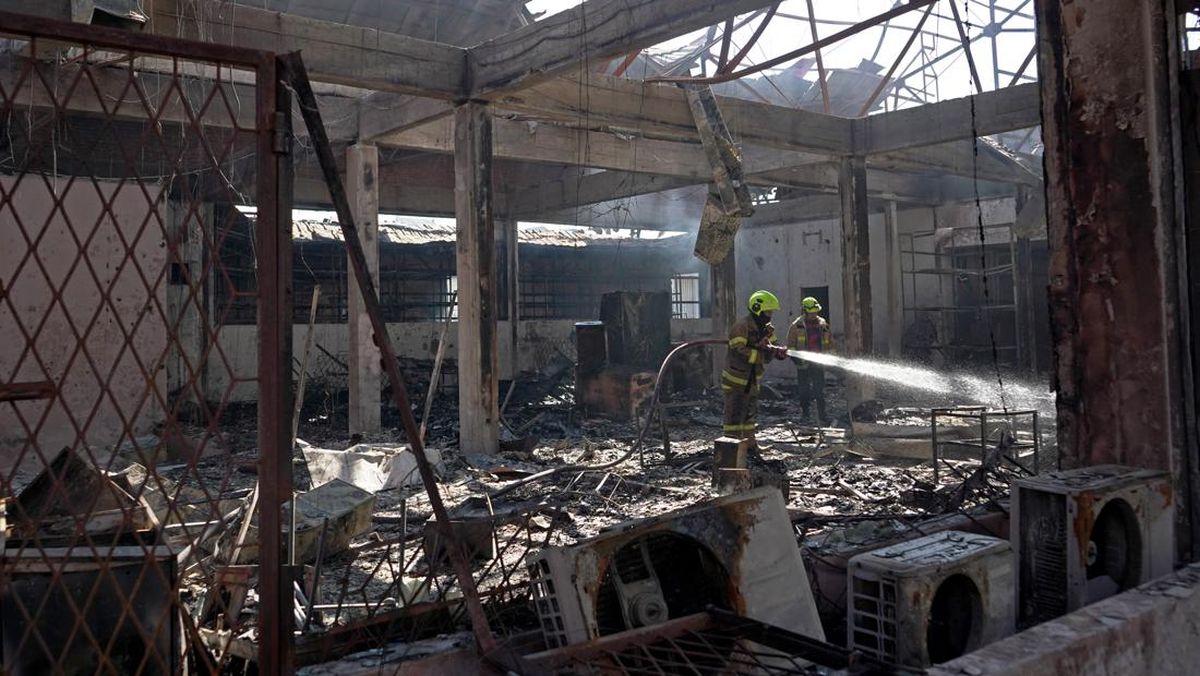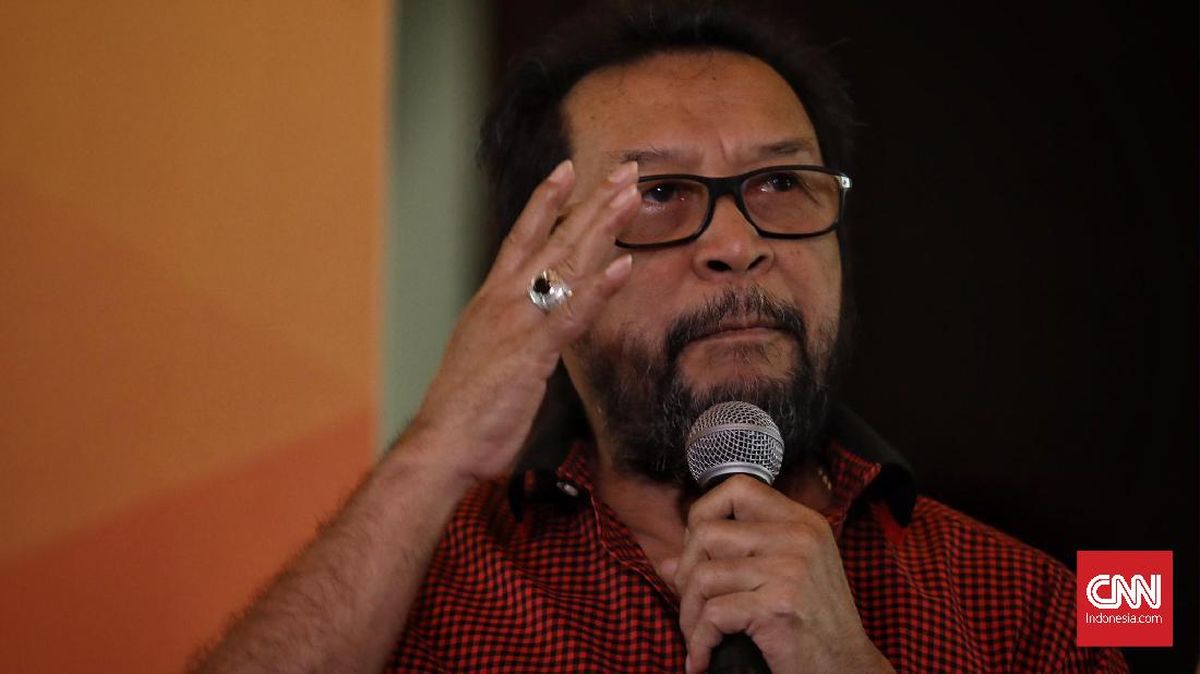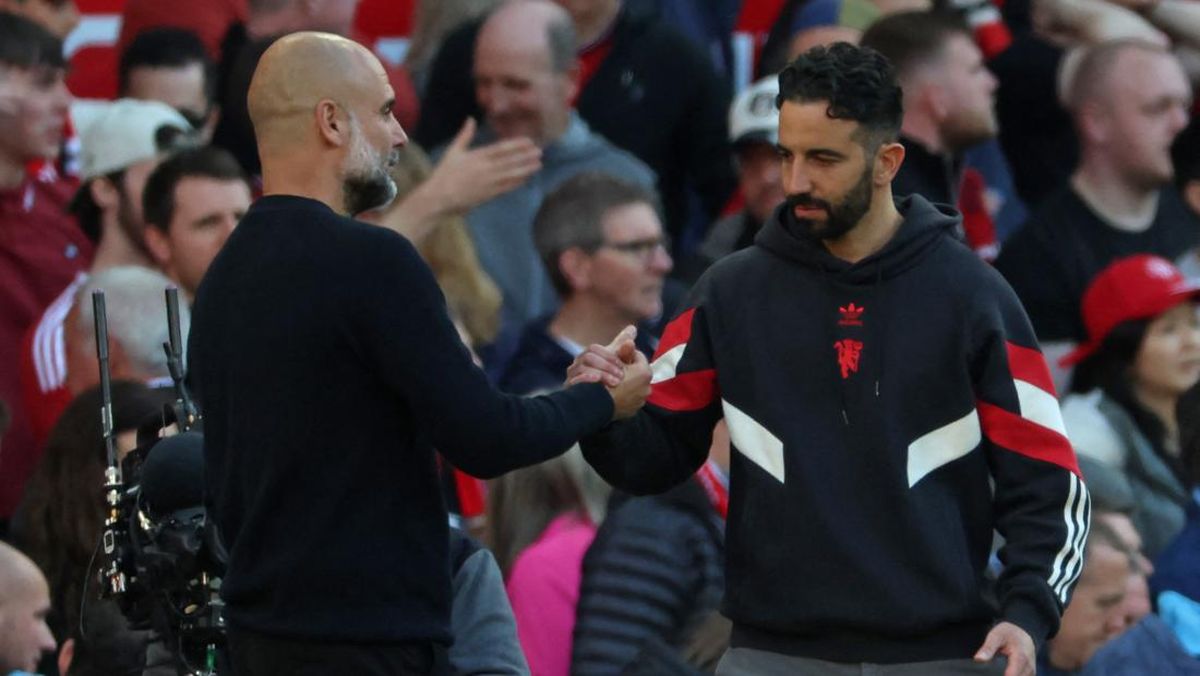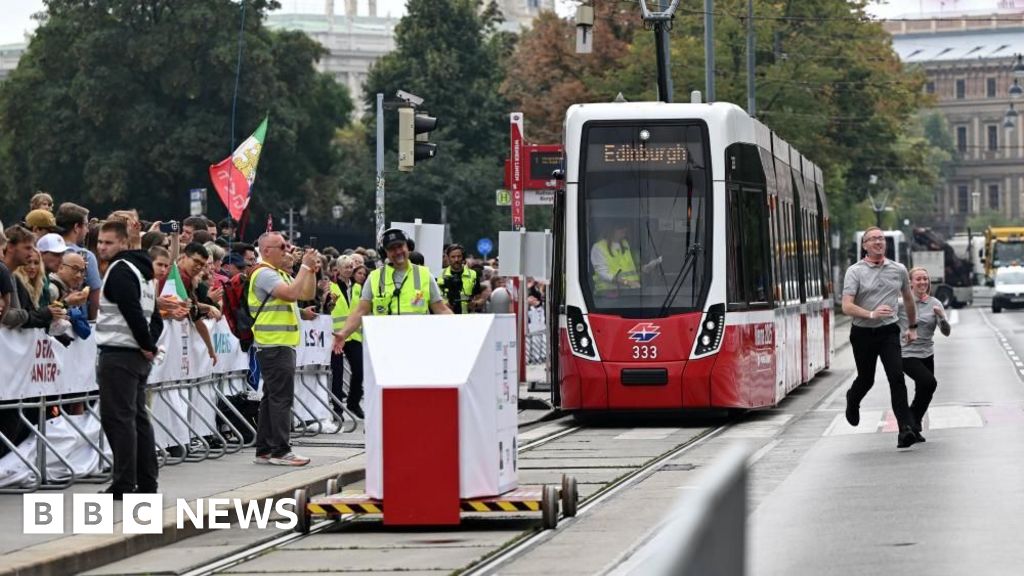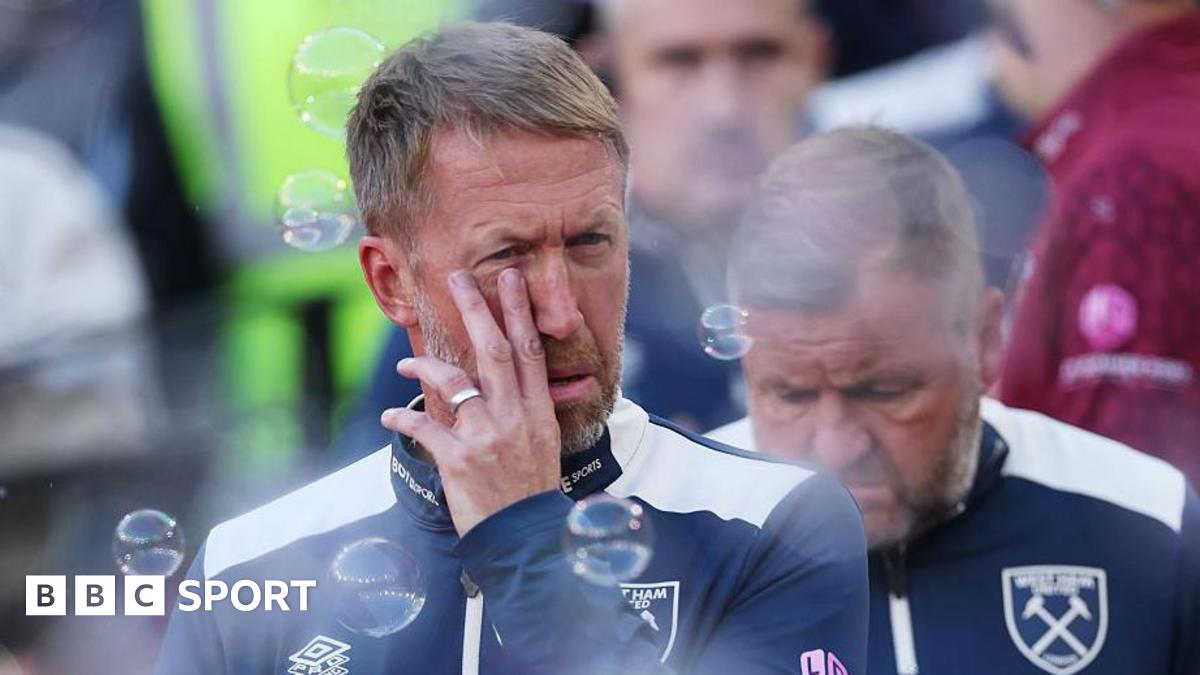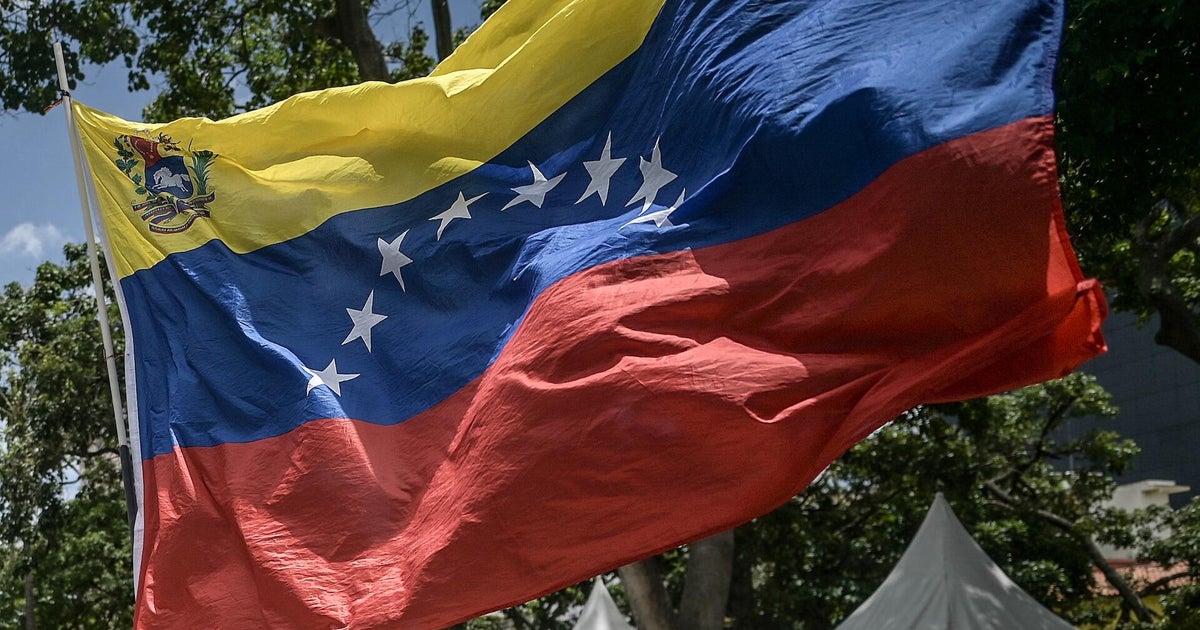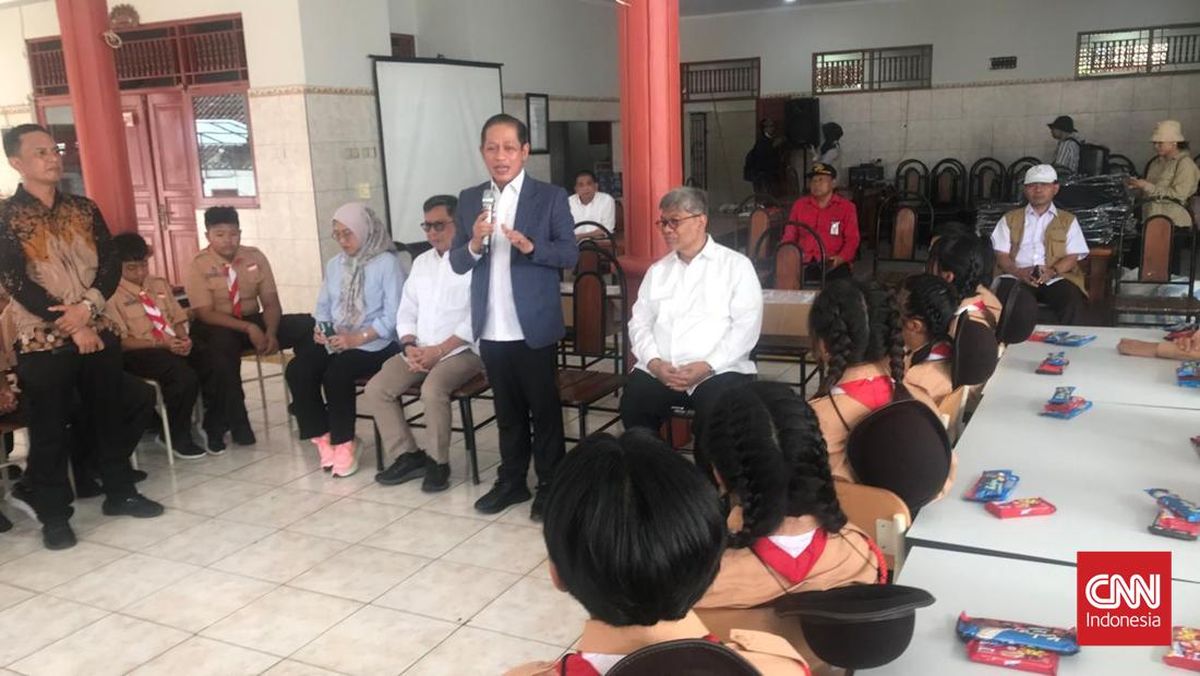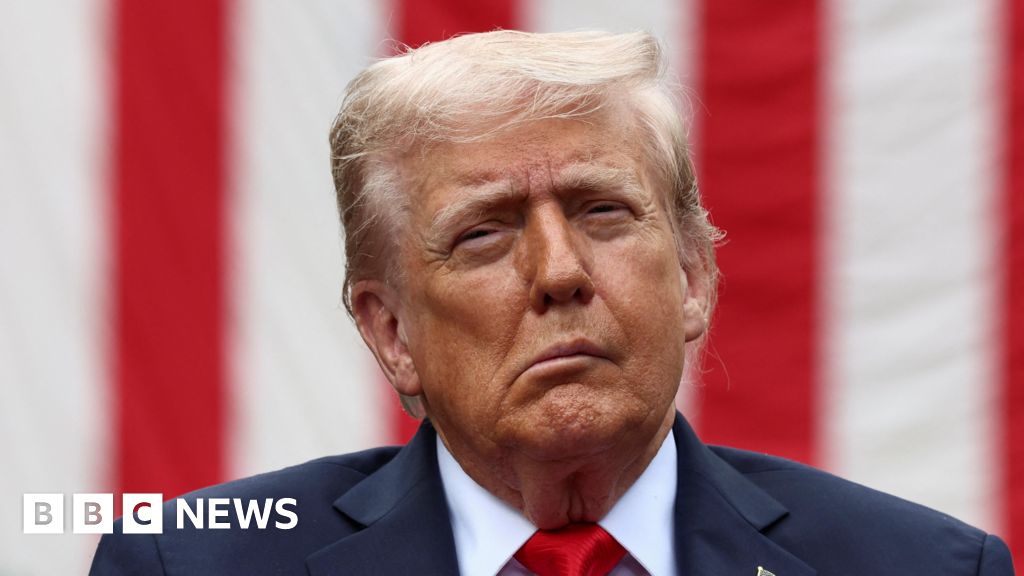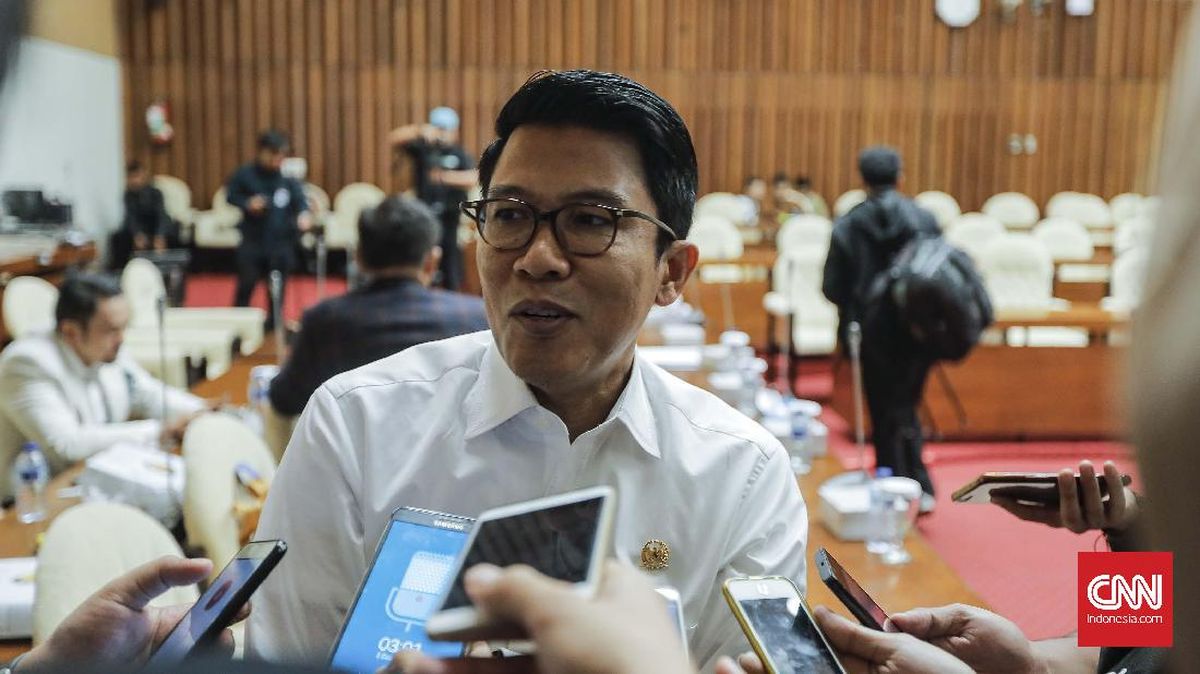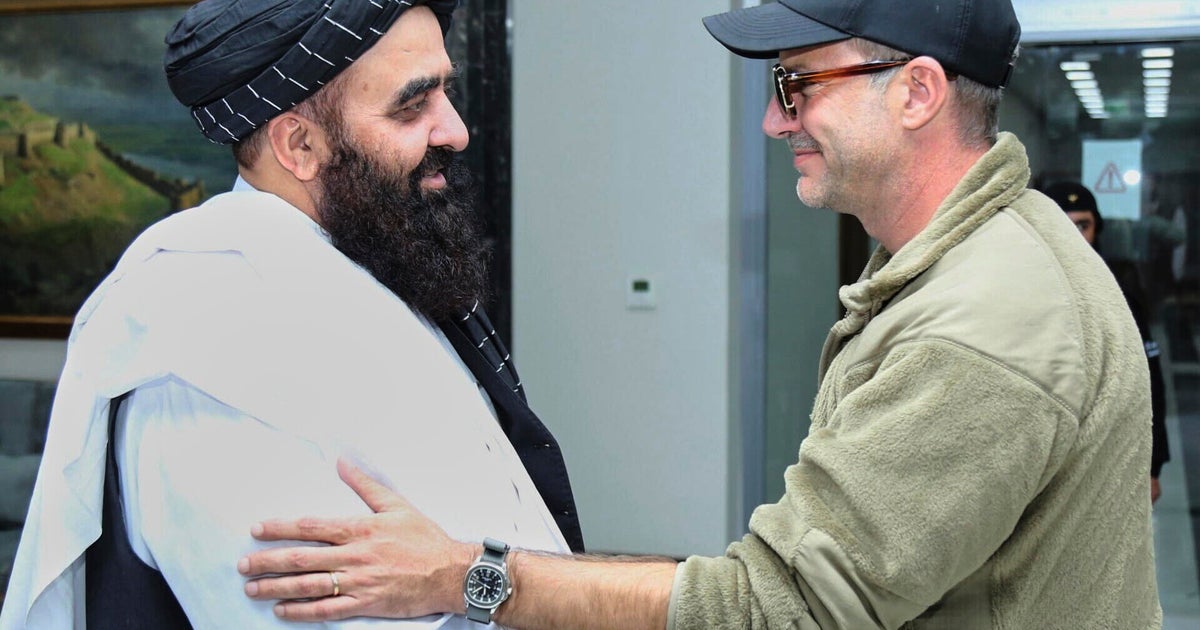Award-winning journalist Chris Masters has taken aim at the Australian War Memorial after it overruled its own judges and refused to award his book about alleged war criminal Ben Roberts-Smith its biennial literary prize.
The memorial justified the move by retrospectively changing its rules to disqualify Masters’ book Flawed Hero.

Ben Roberts-Smith at the Federal Court in Sydney in May.Credit: Sam Mooy
On Friday, The Guardian reported the work – about Roberts-Smith’s actions in Afghanistan and subsequent efforts by his fellow soldiers to hold him to account – was voted as winner of the Les Carlyon award for military history by a panel of external judges after it was included in a shortlist of six compiled by memorial staff.
The story Masters tells in his book – reported in The Age and The Sydney Morning Herald by Masters and investigative journalist Nick McKenzie – has been the centre of a legal battle between the newspapers and Roberts-Smith for years. Last week, the High Court threw out Roberts-Smith’s last-ditch bid to appeal against his damning defamation loss.
Masters said he could not believe the decision “wasn’t done out of embarrassment … Clearly they’ve been extremely uncomfortable with the Ben Roberts-Smith episode,” he said.

Flawed Hero, the book at the centre of the controversy.
“[Then memorial director] Brendan Nelson really led the charge against myself and Nick McKenzie and [Nelson’s] boss Kerry Stokes, who was the chairman, has called us both scumbags. They would be battling really hard to pretend that this decision was made for any other reason than they just thought it would be extremely embarrassing to be giving credit to a book that they privately despise.
“It’s a divided institution, clearly. I know the historians are honourable and I know that they think as I do, that war brings out the worst in us as well as the best in us.
“When [the memorial] was set up, that was what it was meant to do, to reflect this, but for lots of reasons, they shrink from telling us the story of the uncomfortable aspects of war. And they most definitely shrink from dealing with the Roberts-Smith controversy.”
He said the judges had acted in that spirit and “they saw giving [Flawed Hero the award] as an opportunity to discuss something … discomforting but important”.
Stokes had previously employed Roberts-Smith at Seven West Media, and he had funded his defamation claim up to its trial. Stokes is also one of the donors to the Les Carlyon Literary Prize.
In June, the memorial’s governing council overruled the judges’ decision to award the prize to Masters, reverting to old rules around entry that meant only first-time authors were eligible, ruling out Masters, who has written several books.
Loading
Head of the internal judging panel and the memorial’s head of history Karl James argued in favour of giving the award to Masters in an email, seen by The Guardian, to memorial director Matt Anderson.
James acknowledged that one option of not awarding the 2024 prize to anyone for that year “may avoid possible short-term uncomfortableness due to the nature of the nominated work”.
However, it would also invite “greater reputational damage … than awarding it to a controversial winner”.
The $10,000 Les Carlyon Literary Prize was established by the council of the Australian War Memorial to honour the late historian, author, journalist and council member Les Carlyon. It has been awarded biennially since 2020. Carlyon, the author of half a dozen books, had previously been a Walkley Award-winning journalist at The Age.
Although originally an award for an author’s “first book or major publication”, eligibility was broadened in 2022 by the judging panel to include established authors at the request of Carlyon’s widow Denise, one of the prize’s two external judges.

Chris Masters in Uruzgan province, Afghanistan.
According to The Guardian, on May 19, Denise Carlyon emailed Anderson at the memorial, saying she had been “given a short list of six books to consider for the Award” and that “Flawed Hero by Chris Masters stood out as the winner”.
“A controversial and sobering story, Masters’ (and other journalists’) long search for any truth behind rumours of alleged war crimes by war hero Ben Roberts-Smith VC MG in Afghanistan, and the defamation trial which followed, is unprecedented in our military history. The story has provoked intense debate as the nation grapples with an unfamiliar subject,” she wrote.
Speaking on Friday, Denise Carlyon said: “I have been concerned about the process.” She declined to comment further.
In a statement, the Australian War Memorial said: “Advertisements for the 2024 call for submissions were inconsistent and some excluded the requirement that entrants be emerging or unpublished authors. When this was brought to council’s attention in June 2025, they unanimously restated their intention that the award remain for emerging writers and were not privy to the short-list or long-list.
“The memorial will be writing to all entrants to apologise for the delay and any inconvenience. Entries already submitted by emerging authors for their first major publication relating to Australian military history, social military history or war history will remain under consideration in any future process.
“The council is undertaking a full governance review to ensure integrity and transparency in future competitions. Once resolved, the 2026 competition will proceed, and all eligible entrants will be encouraged to participate.”
The statement released on Friday also said the award “has been awarded biennially for an author’s first book or major publication relating to Australian military or social military history” but that criteria had been changed in 2022.
Loading
While glad the decision had come to light, Masters said it grieved him.
“It’s just so sad that they take this bloody stupid attitude,” he said. “Soldiers are the last people who want lies to be told about what actually happens in conflict. Myth gets them killed and they need to know the truth about the capacity of people around them and the enemy they face, all that sort of thing.”
Arts Minister Tony Burke’s office was contacted for comment but referred that request to Defence Minister Richard Marles, who referred the request to Veterans’ Affairs Minister Matt Keogh’s office, which has also been contacted.
Most Viewed in Culture
Loading

